As China’s economy declines, inequality is growing. A recent study by Yu Xie and Xiang Zhou finds that China’s Gini coefficient surpassed 0.50 in 2010…
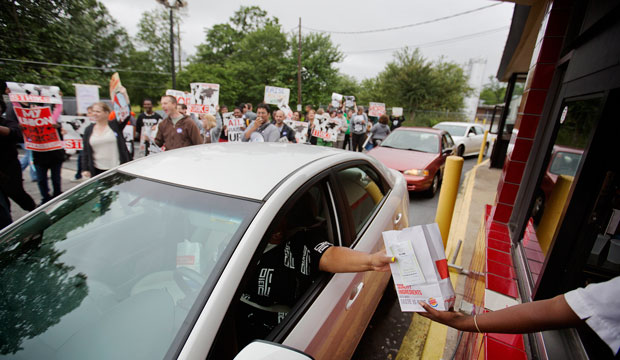
A worker hands a food order over to a customer as demonstrators march through a Burger King restaurant drive-thru in Atlanta, Georgia, protesting for higher wages and a worker’s union.
With 17 months before the Millennium Development Goals (MDGs) reach their targets by the December 2015 deadline, the United Nations is trumpeting its limited successes
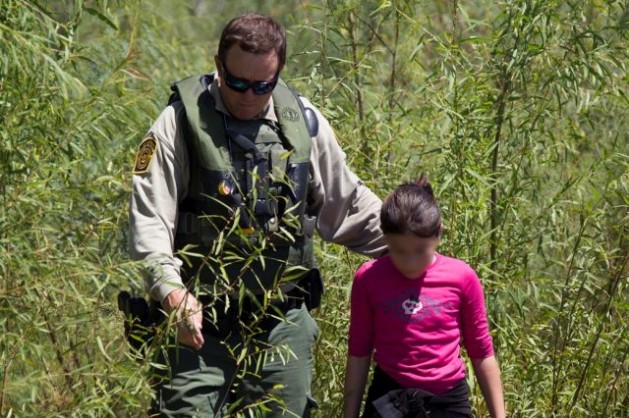
SAN FRANCISCO, Jul 9 2014 (IPS) – In recent months, an unprecedented surge of refugee women and children has been traveling alone to the United States to seek protection at our southern border.
NEW YORK — A comprehensive new bill would ensure that marijuana in New York state is decriminalized not only for white people, but for all people, a group of progressive lawmakers said Wednesday.

World Cup host team and 5-time champion Brazil, which Nate Silver picked to win the entire tournament for a sixth time, looked like kindergarten students on the field with Germany yesterday.
PHILIPSBURG, St. Maarten, Jul 2 2014 (IPS) – As the costs of climate change continue to mount, officials with the Commonwealth grouping say it is vital that Small Island Developing States (SIDS)…
You can’t ignore a rogue Caribbean communist island a jump from the Florida coast, especially when it’s run by guys named Castro. But President Obama didn’t want his spot blown when he sent a low-key missive to Cuban President Raúl Castro just a couple of weeks ago.
Mass slaughter, rape, torture, pillage, perpetual war, cultural degradation, creating social divisions, psychological manipulation.
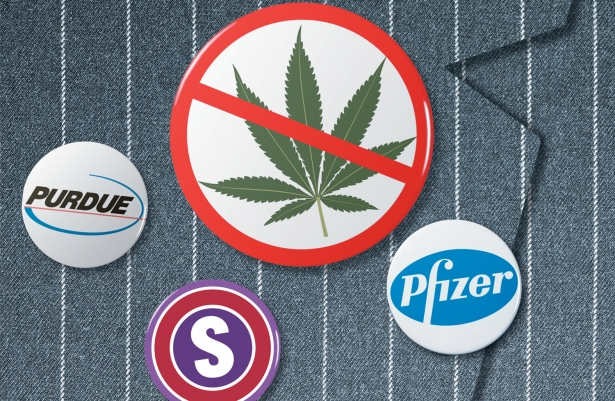
Patrick Kennedy, son of the late Senator Ted Kennedy, did several stints in rehab after crashing his car into a barricade on Capitol Hill in 2006, a headline-making event that revealed…
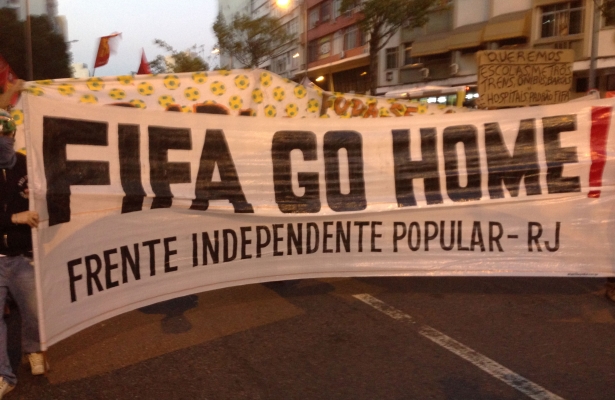
FIFA boss Sepp Blatter was strutting like a rooster over the weekend about the absence of mass protests during Brazil’s World Cup.
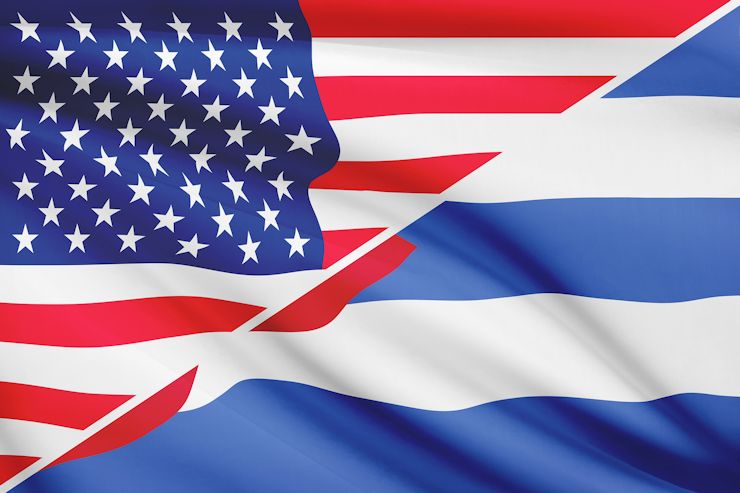
PARIS, France, Monday July 7, 2014, IPS – In ‘Hard Choices’, her new book about her experiences as Secretary of State during U.S. President Barack Obama’s first term (2008-2012)…














